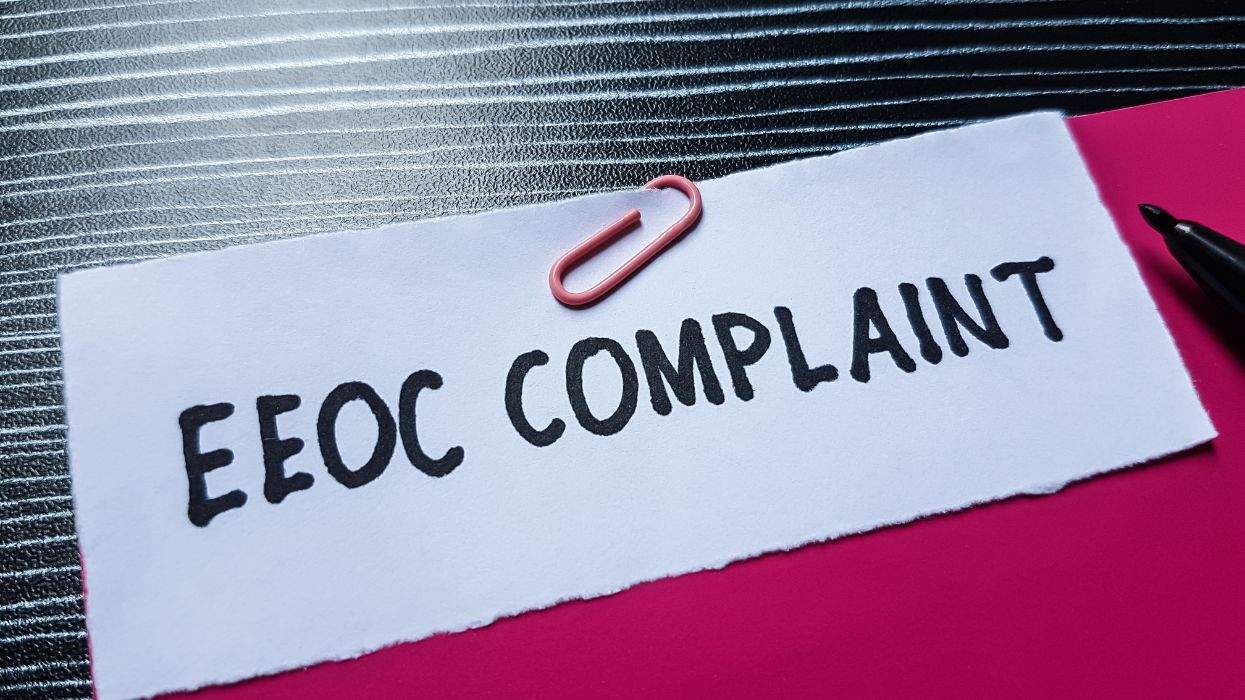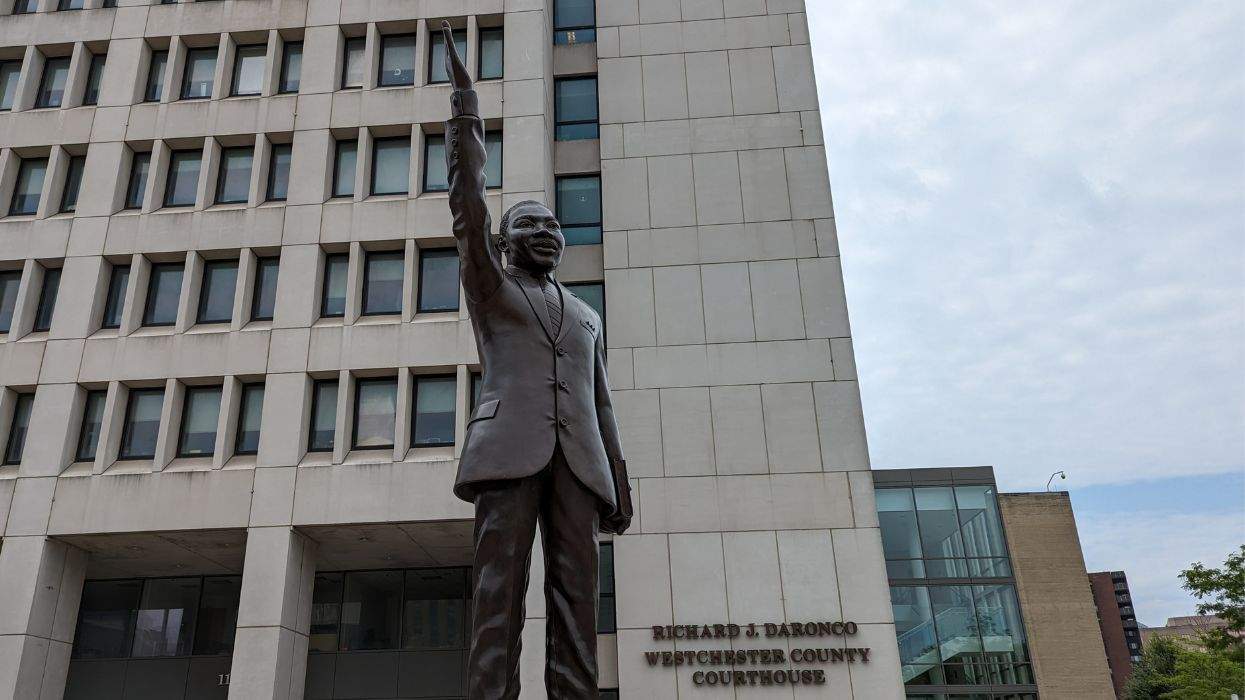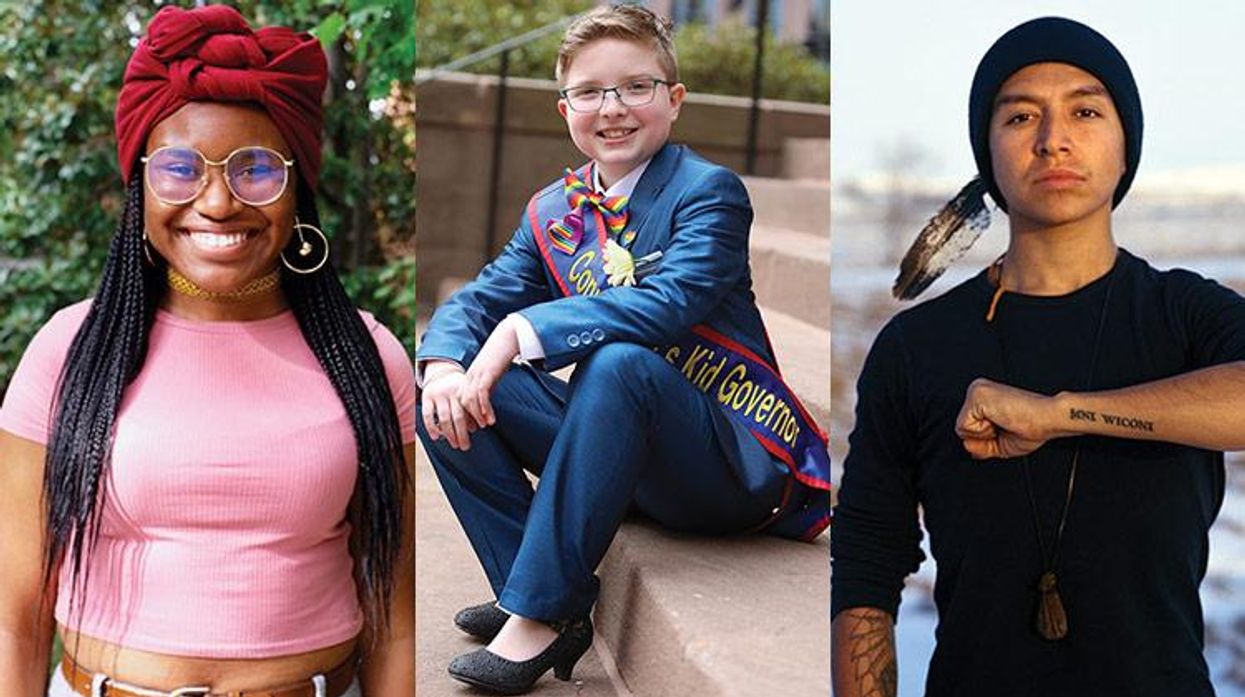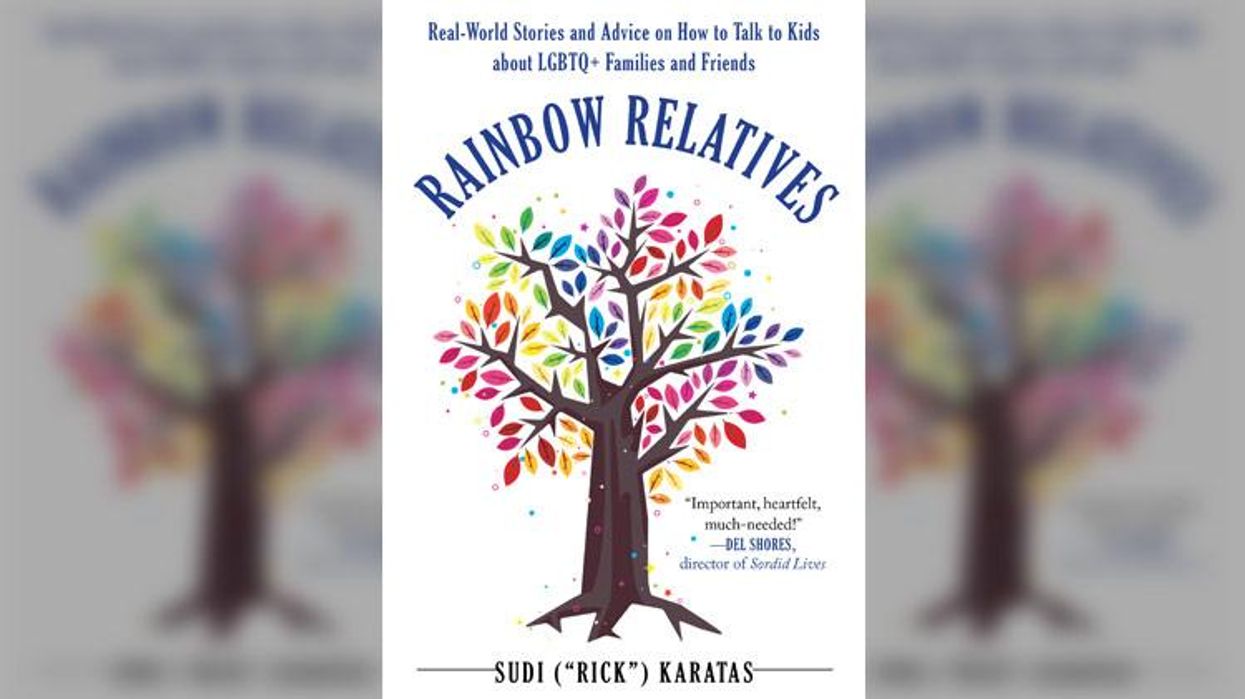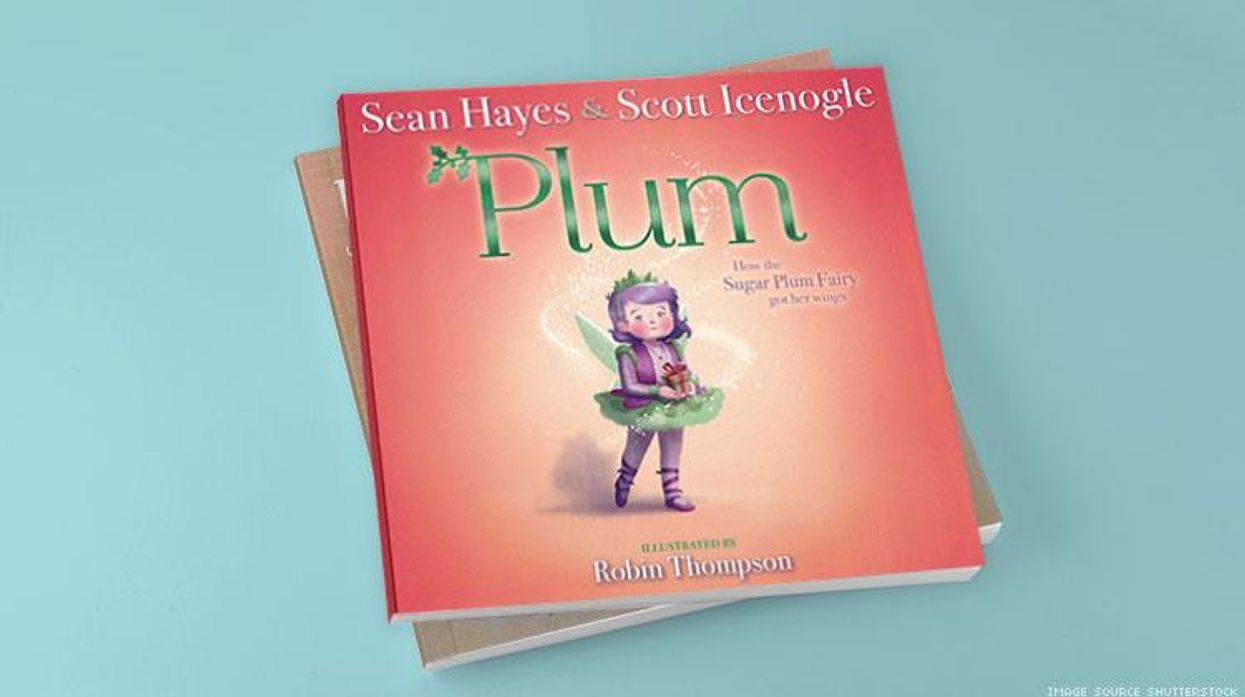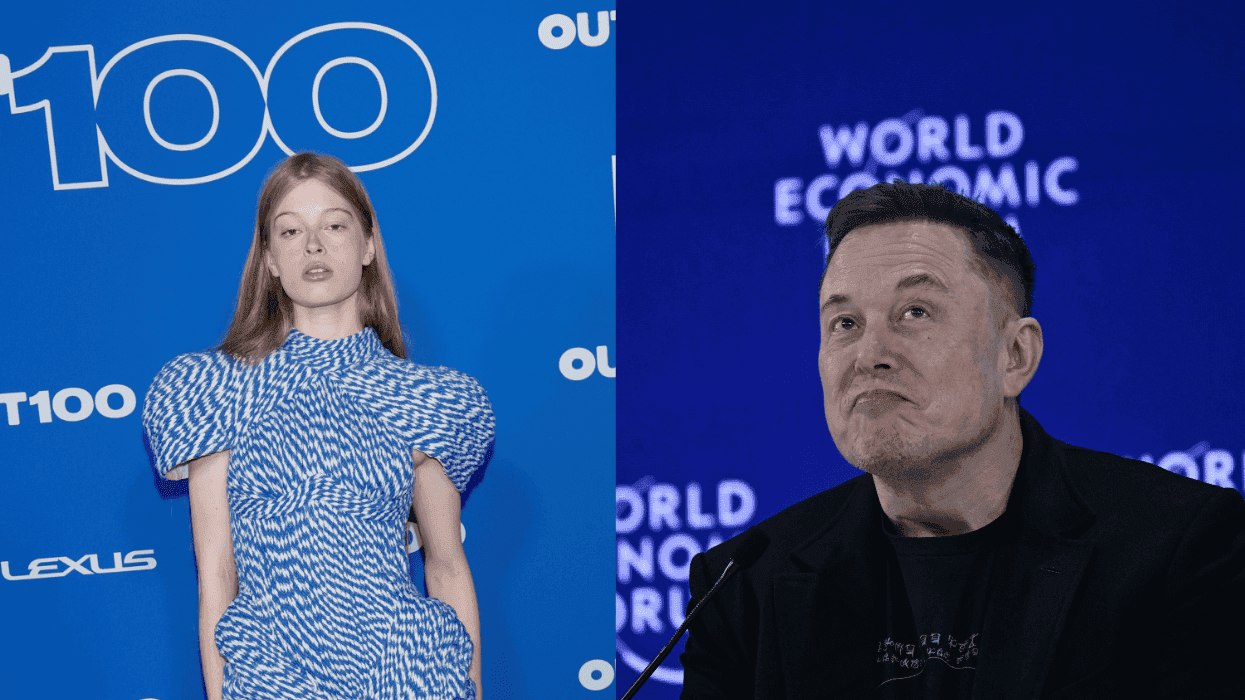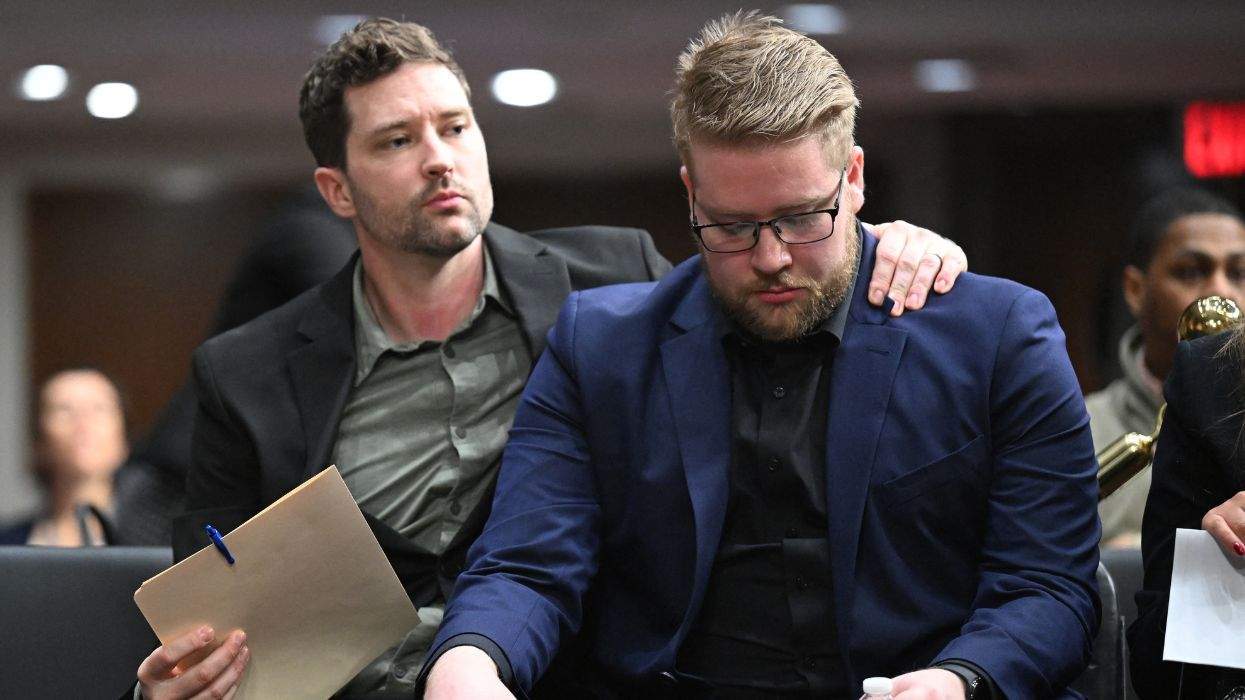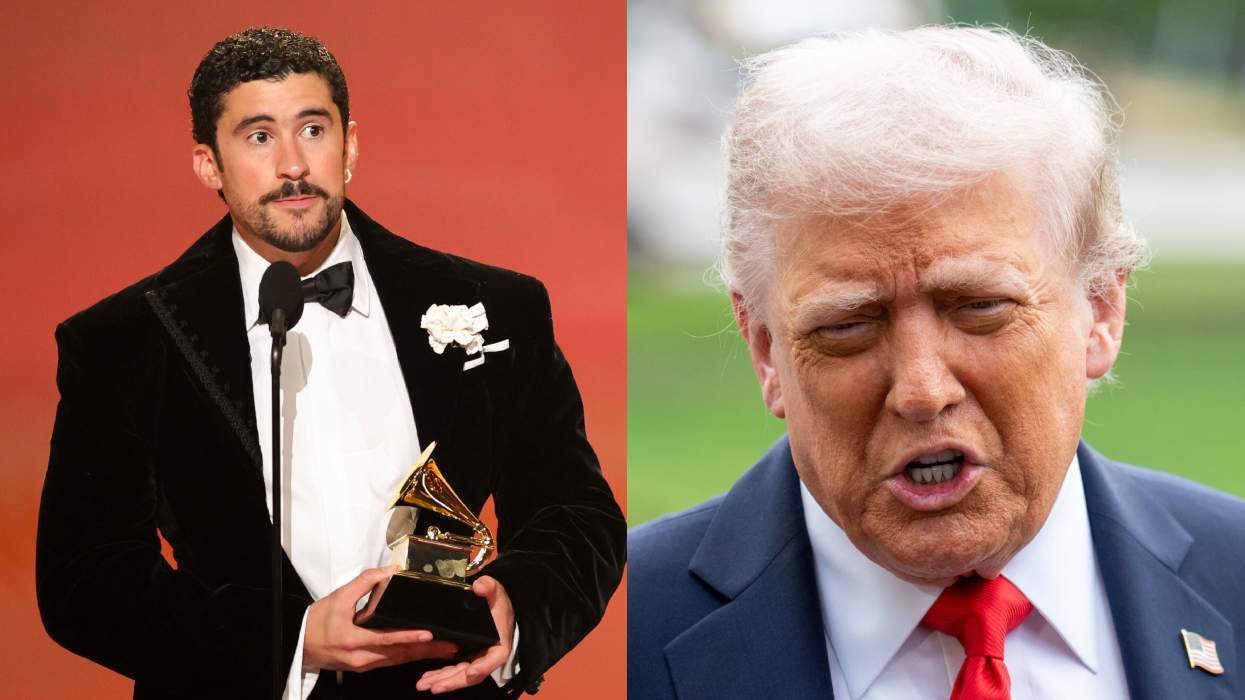When the New York State Court of Appeals ruled in 2016 that a person who acted as a parent -- despite the absence of a biological or adoptive relationship to a child -- had legal standing to seek custody and visitation rights, it was hailed as progress for nontraditional families, including same-sex couples. Now a deeply combative case is testing its application, and famed lawyer Robbie Kaplan (the renowned civil rights litigator who successfully challenged the constitutionality of the Defense of Marriage Act) is jumping in.
The case involves Kelly Gunn of New York City and her former partner, Circe Hamilton. Last year, Hamilton, a London native, planned to move back to that city, taking her adopted son, Abush (who turns 8 in December), with her. But Gunn sued to prevent the move and sought joint custody.
The couple originally began planning to adopt together around 2007, and they applied to adopt a child from Ethiopia in 2009. The adoption process takes time, particularly an overseas adoption; Abush's adoption wasn't finalized until 2011. By then, the two women had broken up. Hamilton had applied to adopt as a single parent, and that's how the adoption went through.
Adopting as a single parent was necessary partly because many countries are hostile to same-sex couples, but Gunn and her attorneys say the women always planned to parent jointly, even after their breakup. Gunn claims she was Abush's coparent in all but the legal sense. Hamilton and her lawyers counter that the joint adoption plan ended with their separation and that Gunn acted as a godmother to Abush, but not a parent.
In April of this year, Judge Frank P. Nervo of the New York Supreme Court ruled that Gunn's relationship with Abush did not rise to the level of parent, and he dismissed the case. Gunn appealed, and the state's Appellate Division -- the first level of appeal in New York -- is expected to hear the case. Kaplan will argue the appeal on behalf of Gunn.
Noah Feldman, a Harvard law professor on Gunn's legal team, says Nervo did not correctly apply the 2016 Court of Appeals ruling in deciding the case Brooke S.B. v. Elizabeth A.C.C. It also was not in keeping with the U.S. Supreme Court's 2015 marriage equality decision, which mandated that same-sex couples have access to all the legal benefits that straight couples do, Feldman says.
"As a constitutional matter, the judge's ruling failed to treat Kelly [Gunn] in her role the same way the law would treat a heterosexual, biological parent under those circumstances," Feldman says. Nervo put a burden on Gunn to prove her parental role in a way that a biological parent would never be asked to, he argues.
Not so, say Hamilton's lawyers, Bonnie Rabin, Gretchen Schumann, and Lindsay Pfeffer of Cohen Rabin Stine Schumann, a New York City firm. "If this were a straight couple ... the legal parent wouldn't have to spend her life savings because of a third party who made it clear she did not want to be a second parent," says Rabin.
At issue is whether Hamilton and Gunn's plan to adopt jointly "continued unabated," Nervo wrote in his ruling, and whether Gunn's relationship with Abush rose to the level of coparent.
The "continued unabated" language was not in the Brooke ruling, Nervo acknowledged. But he wrote, "The court cannot take the position that once the parties discussed an adoption plan that plan continued without limit, despite the parties' subsequent conduct and intent, an intent that terminated prior to the adoption, as demonstrated by the facts in the case."
Hamilton contended that Gunn demonstrated an "inability to commit to parenthood," Nervo wrote, and she cited this as a factor in their breakup. Nervo's ruling notes several remarks Gunn made in emails and conversations, recognizing Hamilton as Abush's mother, and saying that she herself did not want to be a mother.
Feldman counters by saying, "People will express ambivalence all the time," he says. "Ambivalence shouldn't be the test of whether you're a parent."
Gunn, according to Feldman, acted as a parent in every way once Abush arrived in the U.S. She and Hamilton coordinated their schedules around his, he says, with Gunn often taking Abush to school, doctor's appointments, and activities. Gunn paid for many of his activities and spent hundreds of hours with him, he adds. "Kelly was there for all of the things a parent is there for," Feldman says.
Rabin says, however, that Gunn did not want to be a parent, and was happy with her godmother role, allegedly even defining it in a document, in which she said she saw herself taking "an interest in Abush's upbringing and personal development in my role as godmother."
But Feldman says Gunn helped enable the adoption, listing her apartment as a place where Abush could live (the paperwork described her as Hamilton's roommate), and going through background checks. When the women broke up, Feldman says, it was with the understanding that the adoption process would continue.
Gunn, an entrepreneur who founded a graphics business, had generally made more money than Hamilton, a freelance photographer. Their 2010 separation agreement saw Gunn buying out Hamilton's share of their Manhattan apartment and Fire Island house to the tune of $350,000, even though Gunn had completely paid for both properties. This was her way of facilitating the adoption, Feldman says, by assuring that Hamilton would have the financial stability to qualify as an adoptive parent. Gunn says she also paid for Abush and Hamilton's insurance through 2014 as well.
Judge Nervo disagreed, writing, "There is no evidence that this was in furtherance of petitioner's continued involvement in the adoption process."
Feldman says Nervo approached the case from the wrong angle. Nervo's ruling, he adds, "systematically discriminates against gay and lesbian parents as compared to straight parents."
Rabin, who is gay herself, sees issues of concern too, but different ones. The case, she says, "made a lot of gay people very, very nervous that a lot of people could make coparent claims." Many LGBT parents have other adults involved in their children's lives, but are frightened at the idea that someone who hasn't clearly established a parenting relationship could sue for custody.
Feldman says he strongly believes that the appeal will result in recognition of Gunn's coparent status. Rabin counters, "I believe in my heart and my brain [that upholding Nervo's ruling] is the right thing for gay parents."
But Kaplan strongly disagrees: "Judge Nervo misapplied the Brooke standard, imposing an unnecessary and unfair burden on Kelly and all gay and lesbian parents, and losing sight of the preeminent objective in any child custody action -- the best interests of the child. We look forward to explaining this to the First Department later this month. LGBT parents have a right to be treated in the same manner as any other parent under the law."
A decision will likely come between December and March.


